Dhaka, Apr 20 (V7N)- A delegation from the International Monetary Fund (IMF) visited Dhaka this month to assess the progress of economic reforms under the ongoing $4.7 billion loan program. The team held meetings with officials from the National Board of Revenue (NBR), the Ministry of Finance, and other key government institutions.
However, the IMF expressed concerns over the slow pace of domestic revenue collection, especially with more than Tk 2 lakh crore needed to be raised in the final three months of the current fiscal year. In addition, a target of over Tk 57,000 crore in extra revenue has been set for the next fiscal year—raising questions about the feasibility of these expectations.
Prominent economist Dr. Zahid Hossain acknowledged that while the IMF’s advice should be taken seriously, its expectations on revenue generation and subsidy removal are detached from the realities of Bangladesh's current economic landscape. “There needs to be room for negotiation with the IMF, especially on issues such as fuel subsidies and domestic taxation,” he said.
As part of compliance, the interim government raised excise duties mid-year, triggering fears of rising inflation. Dr. Mahfuz Kabir, Research Director at BIICS, warned that this move might further burden ordinary citizens and cause instability in the economy. “If inflation spikes, the IMF won’t bear the consequences—Bangladesh will,” he cautioned.
He added, “Even developed nations like the U.S. and EU continue to offer subsidies. Expecting a transitional economy like Bangladesh to abruptly withdraw subsidies is not practical. The IMF should consider Bangladesh’s unique challenges.”
So far, three installments of the IMF loan have been disbursed. The release of the fourth installment is contingent upon fulfilling the revenue and reform conditions. While the country’s foreign exchange reserves remain stable, future access to international credit and donor funding may depend heavily on the IMF’s continued support.
Despite the pressure, government officials remain cautiously optimistic. While they acknowledge the IMF’s concerns, there is a growing consensus among economists and policymakers that a more flexible, context-sensitive approach is essential for sustainable economic reform.
The next few months will be crucial in determining whether Bangladesh can meet the IMF’s conditions without jeopardizing economic stability or public welfare.
END/MSS/AJ



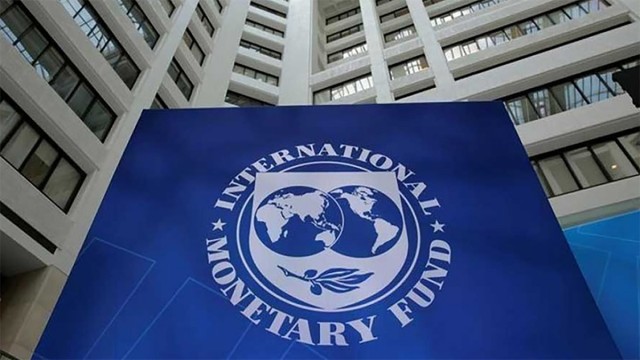
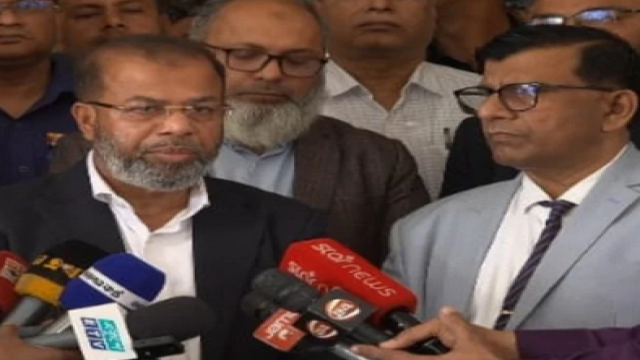

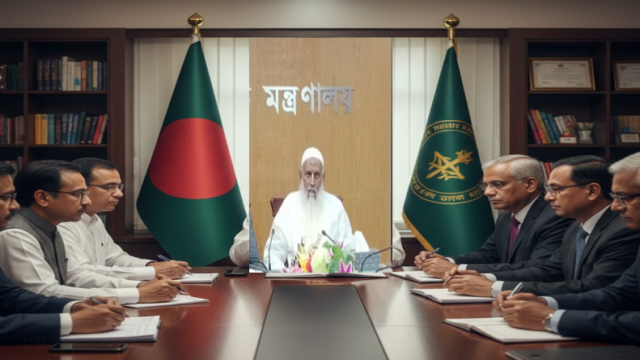
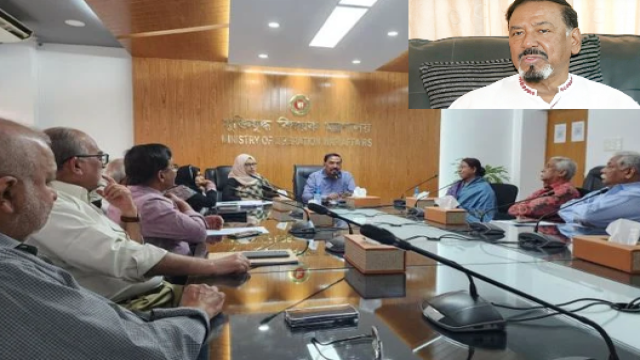

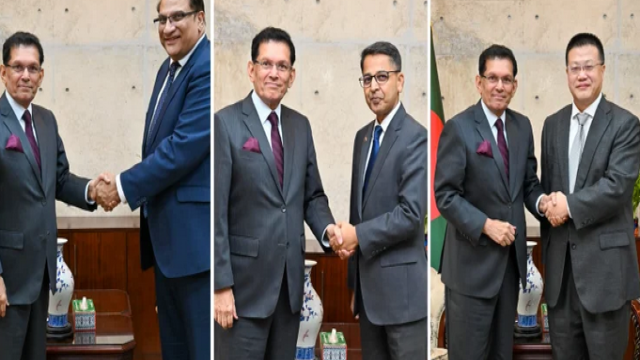
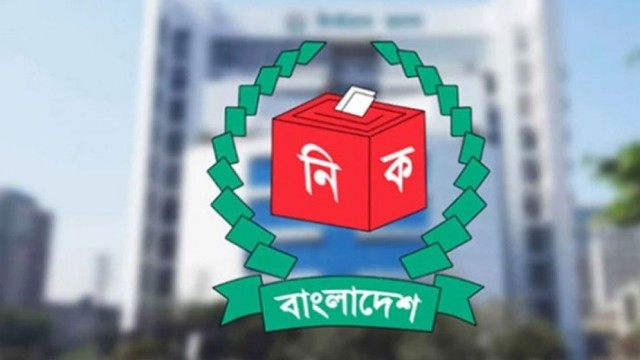


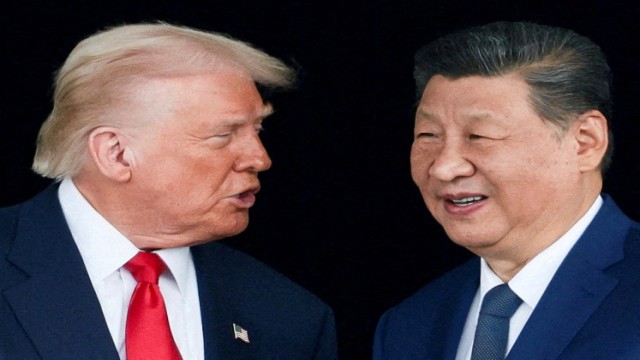
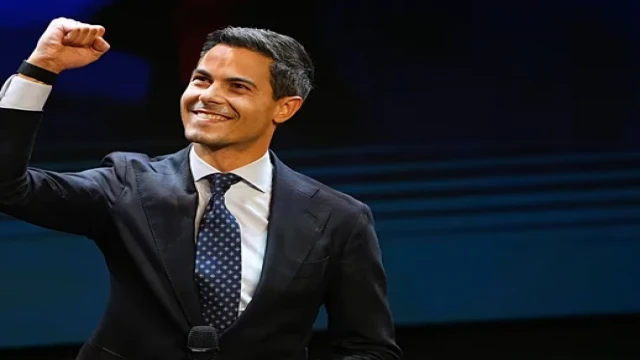
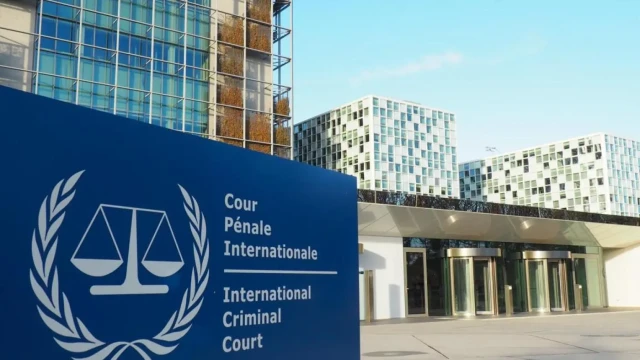

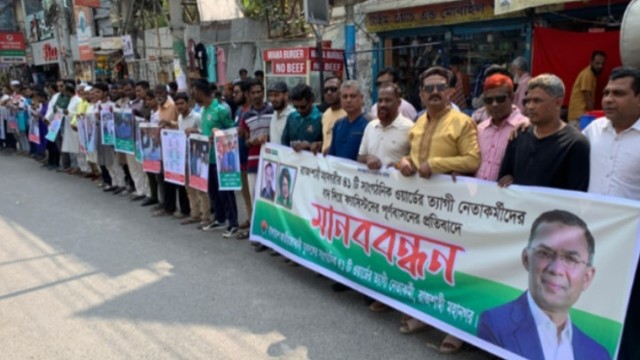
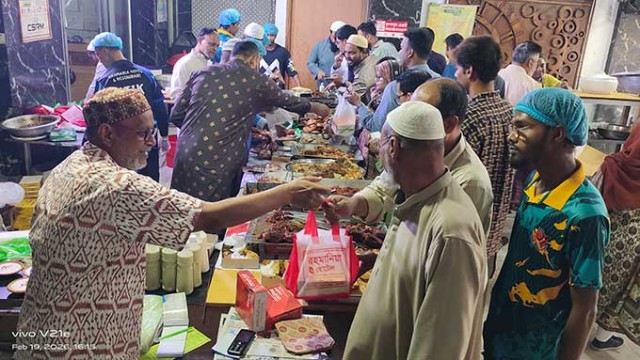











Comment: